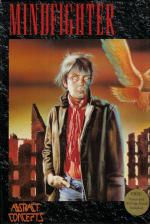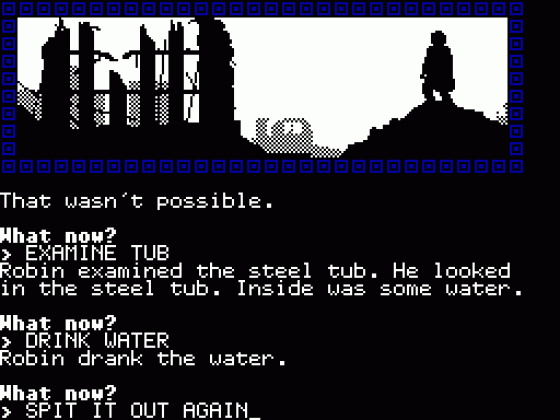Other Reviews Of Mindfighter For The Spectrum 48K/128K
Mindfighter (Abstract Concepts)
A review by Kati Hamza (Crash)
Mind Fighter (Activision)
A review by Sandra Sharkey (Sinclair User)
Mindfighter (Abstract Concepts)
A review by Keith Campbell (C&VG)


 1st August 1988
1st August 1988










